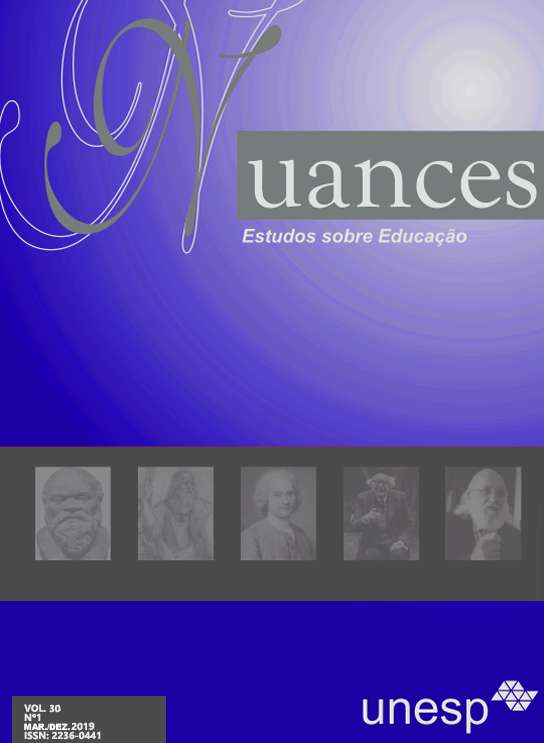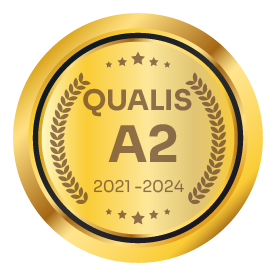DEFINING THE INTEGRATIVE COMMUNICATIVE SPACE AS A FACTOR INFLUENCING THE LINGUO-METHODOLOGICAL STRATEGY FOR TEACHING RUSSIAN AS A FOREIGN LANGUAGE
DOI :
https://doi.org/10.32930/nuances.v30i1.7091Résumé
Modern sociocultural interaction tools and technologies bring forth multiple information transmission forms and methods, which in its turn leads to the emergence of new mono- and multi-code communication systems that intrinsically differ from verbal or creolized texts. Among the category features of the communication field are, on one hand, its universality resulting from the global nature of Internet resources and, on the other, its diffuseness determined by the simultaneous incorporation and synergy of the real and virtual language environment, which exert a special impact on the language personality. The authors understand the successful development of the secondary language personality as the development of the learner’s multilinguistic and multicultural personality, i.e. the combination of linguistic and cultural fluency and professional speaking skills. It is directly and closely dependent, in terms of methodology, on the awareness of the existing relationship between the “natural” language order and various semiotic ways of explaining the totality of national distinctions and values and the methodological interpretation of the present-day integrative communicative space. A competent organization of the language learning process, based on the integrated communication environment, will blur the boundary between in-class and natural communication, will provide foreign learners with the opportunity to acquire, through various channels of communication, the necessary communication experience to be effectively engaged in sociocultural, academic and professional activities in the Russian language. It will also contribute a deeper understanding of the Russian linguistic culture as an integral part of the global value paradigm.
Keywords: real and virtual language environment, information and communication resources, online space, secondary language personality, language learning strategy.
Téléchargements
Téléchargements
Publiée
Numéro
Rubrique
Licence
Atribuição-NãoComercial
CC BY-NC
Esta licença permite que outros remixem, adaptem e criem a partir do seu trabalho para fins não comerciais, e embora os novos trabalhos tenham de lhe atribuir o devido crédito e não possam ser usados para fins comerciais, os usuários não têm de licenciar esses trabalhos derivados sob os mesmos termos.





